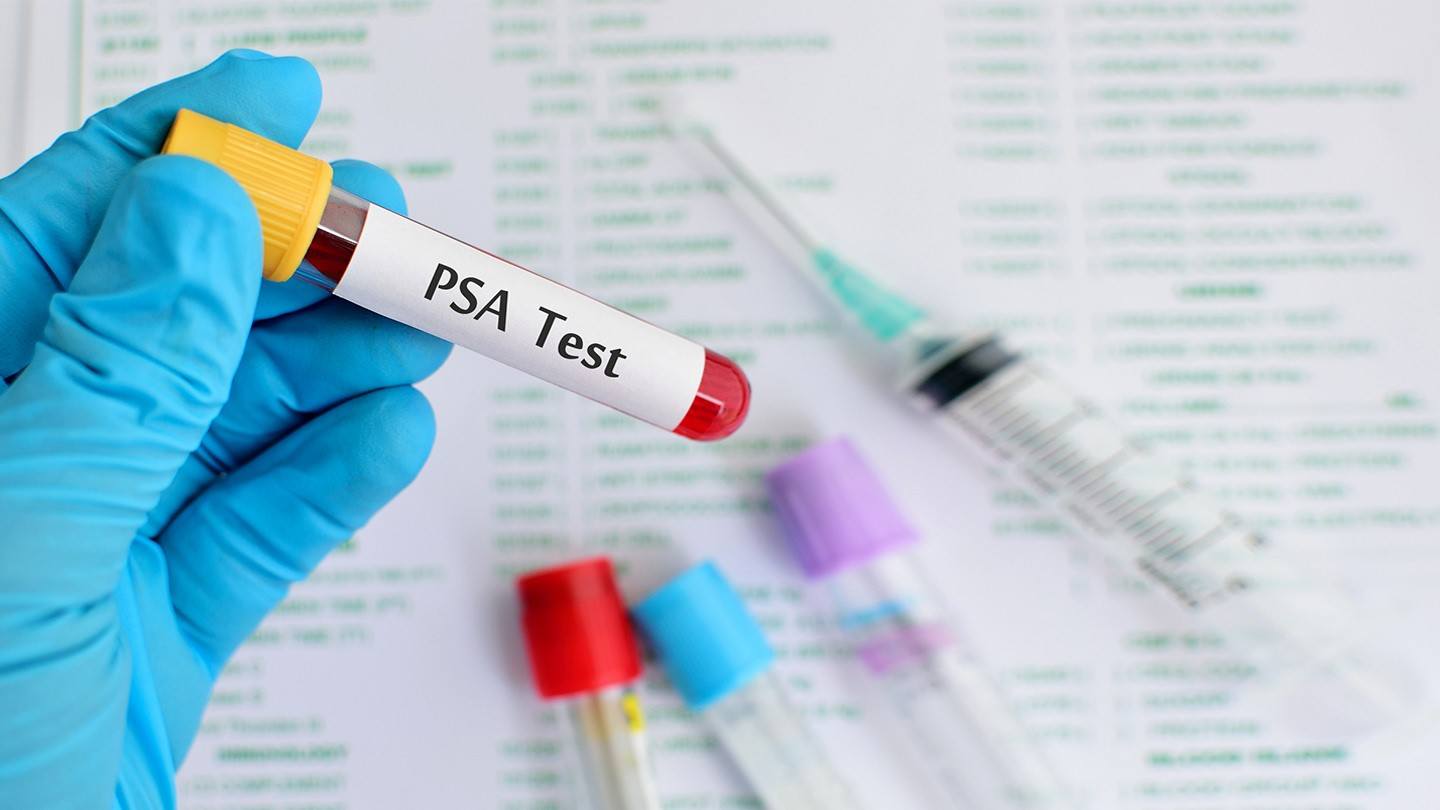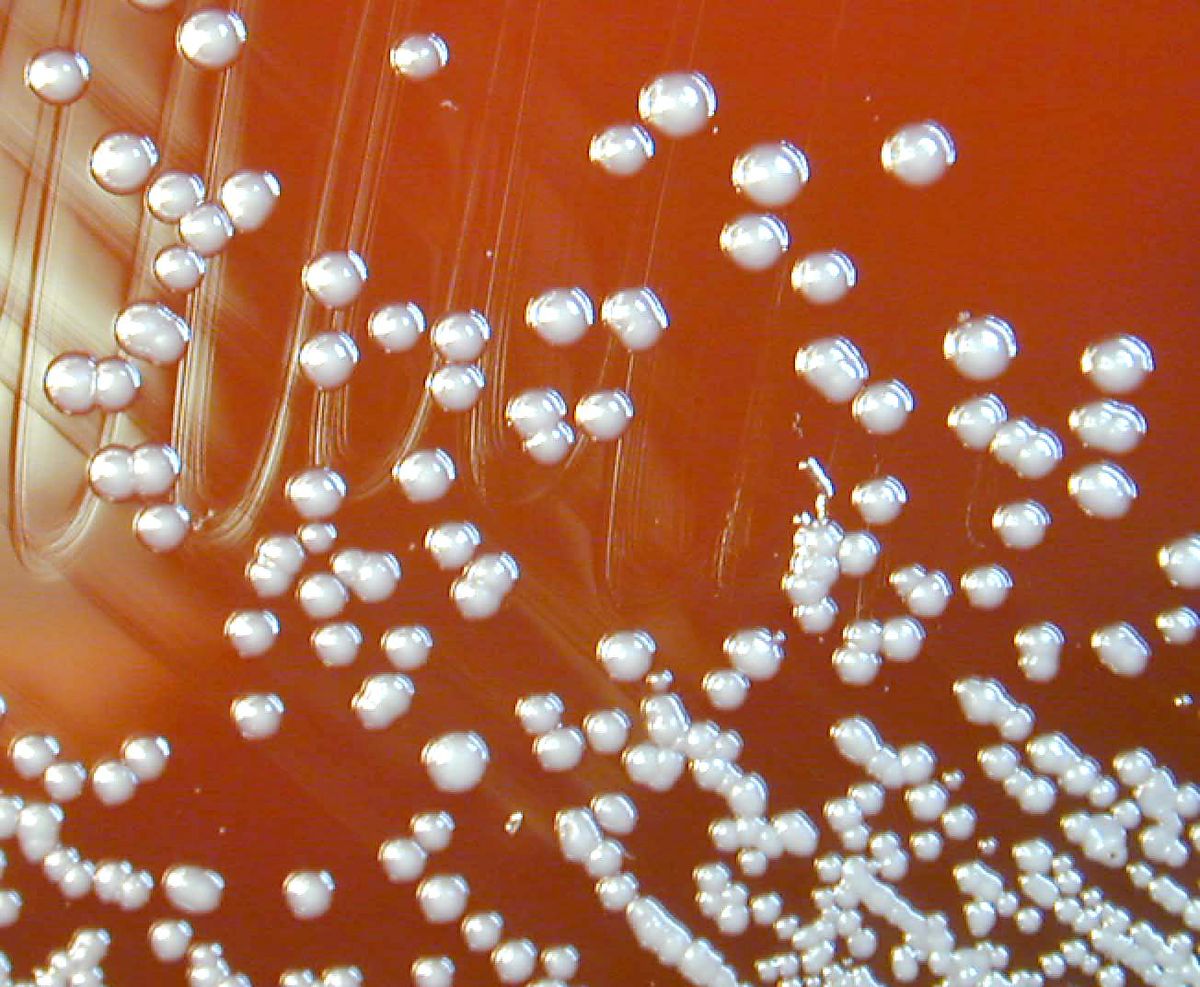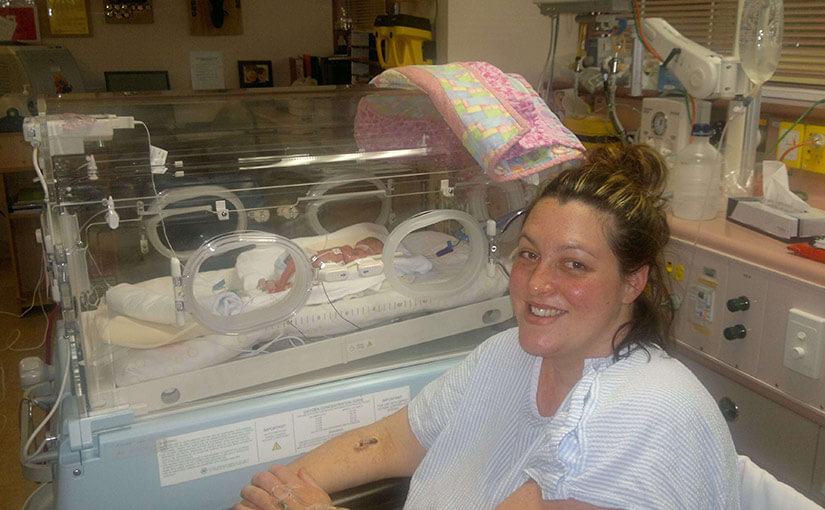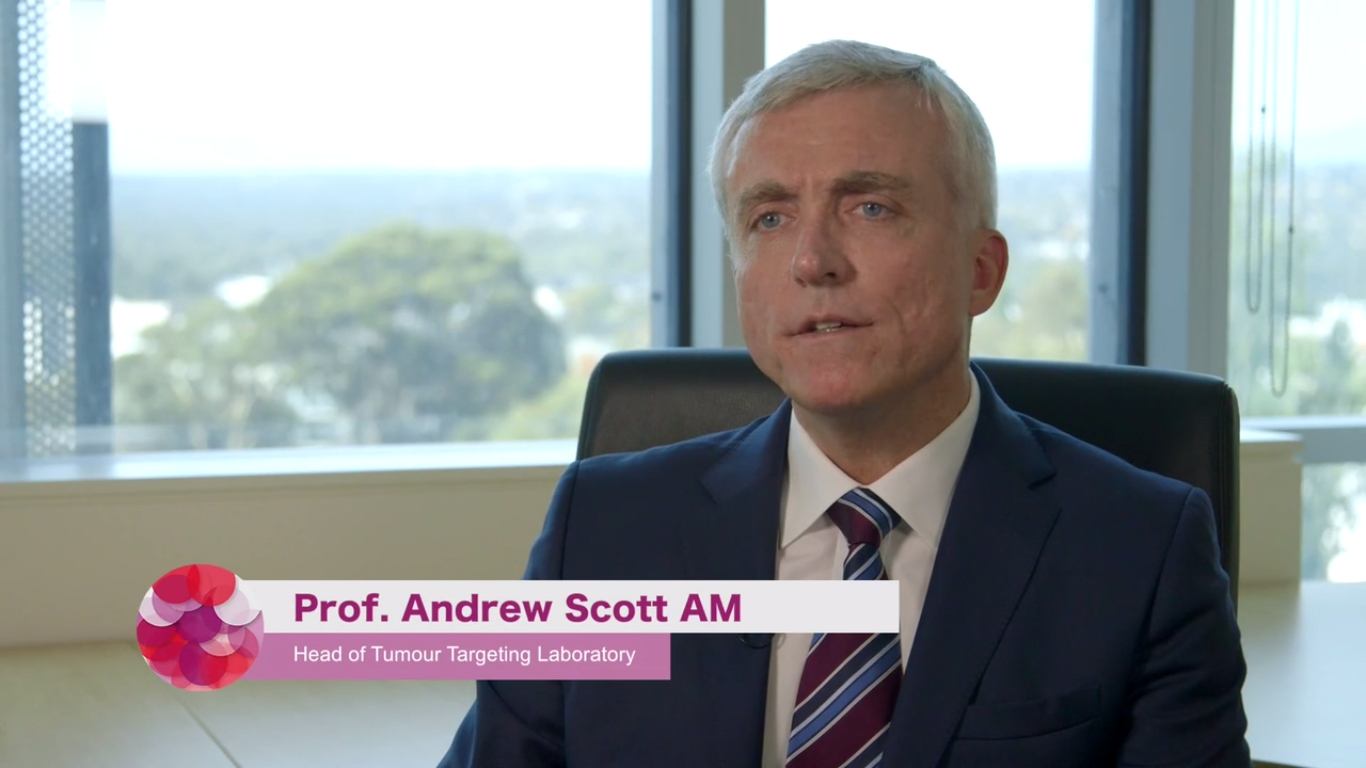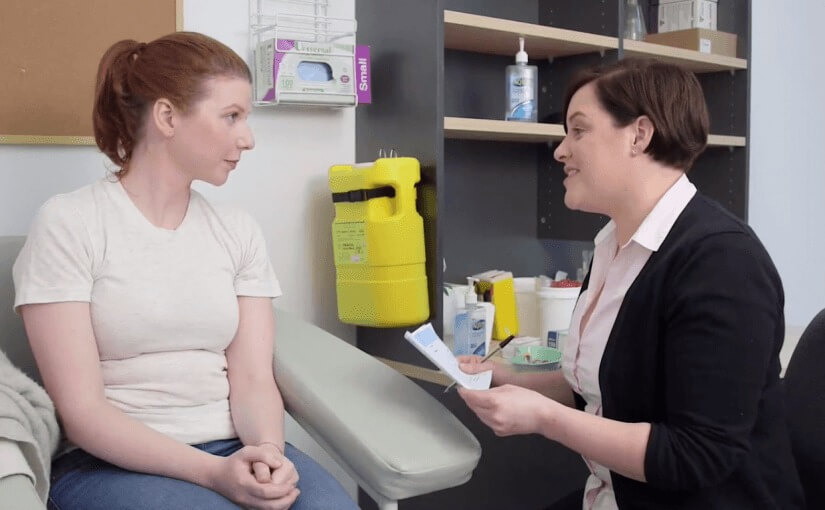PSA testing – from confusion to consensus
Prostate Specific Antigen (PSA) testing has long been the subject of much debate among the medical fraternity leaving men scratching their heads about what they should do. Introduced in 1980, the PSA
A race against the clock for infection detectives in Queensland
Gold Coast Health Microbiologist, Dr Sam Maloney was about to go away on 2 weeks’ leave when an unusual bacterium turned up in his laboratory at Gold Coast University Hospital (GCUH).
The bug in
Blood tests during pregnancy – what to expect when you’re expecting
Table of Content
Trimester 1
At 6-8 weeks’ pregnancy
After 10 weeks’ pregnancy
Trimester 2
Between 15 and 17 weeks of pregnancy
Trimester 3: Between 24 – 28 weeks
“Pathology is the art of analysing the tumour” – the role of pathology in cancer clinical trials
Professor Andrew Scott is Head of the Tumour Targeting Laboratory at the Olivia Newton John Cancer Centre in Melbourne. In his role at one of the leading cancer centres in Australia, Professor Scott a
Little-known Lynch Syndrome increases cancer risk for thousands of Australians
Lynch syndrome affects approximately 85,000 Australians but only around five percent of people with the condition are currently diagnosed.
What is Lynch syndrome?
Lynch syndrome is an inherited gene
Four things your pathology collectors wish you knew
One in two Australians will have a pathology test this year, but have you ever been caught out unprepared? We asked collectors what are the things they wish their patients knew before they arrived for

